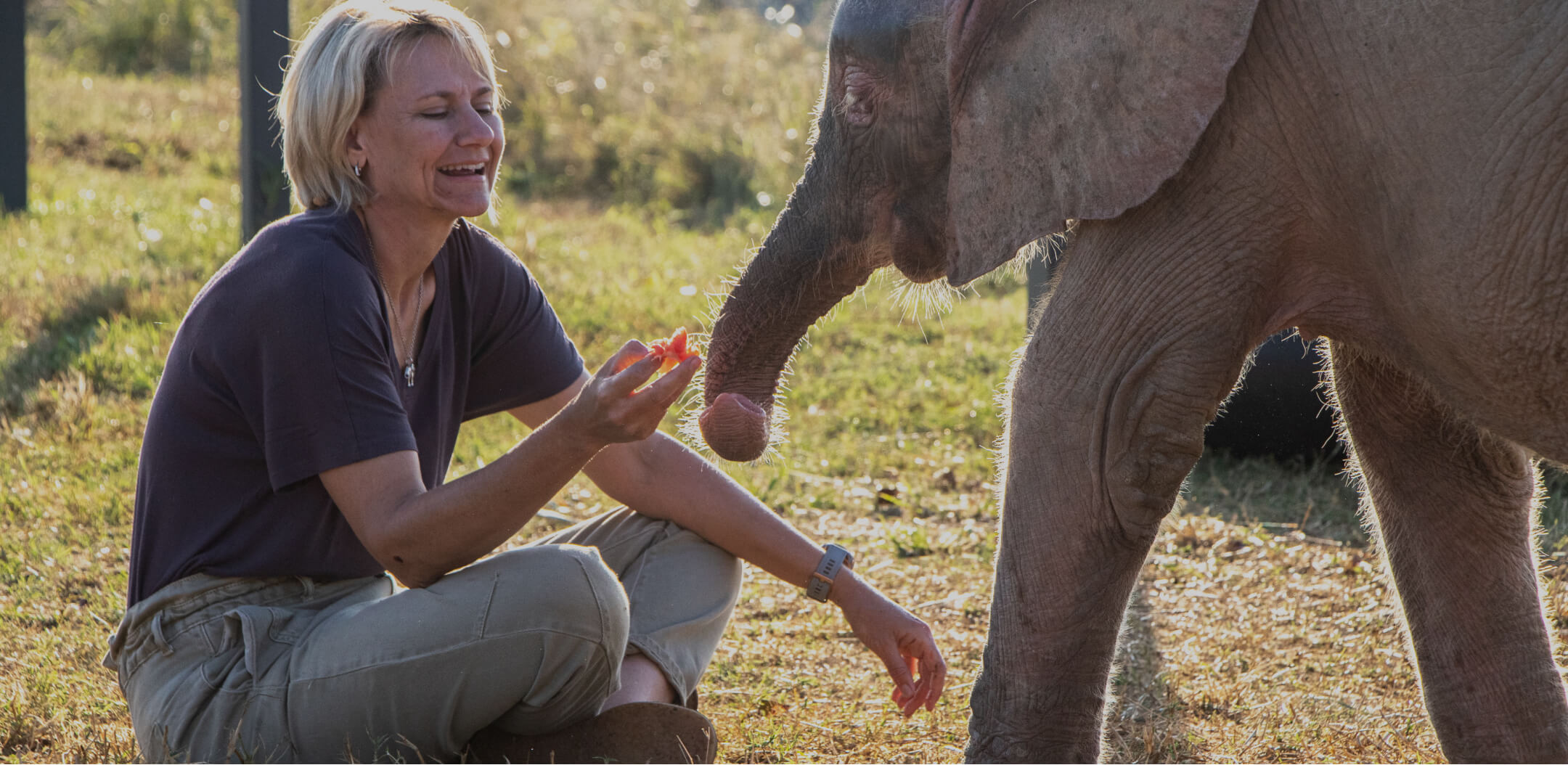
We are very active on social media, sharing our daily updates with the world – and are fortunate to have new followers every day that have many questions about the elephants in our care. Our FAQ page is to assist with answer questions that are often asked or require
longer explanations.
Questions about Khanyisa and baby elephants at the Orphanage
Does Khanyisa's skin need extra protection being an albino?
Why don’t you design protective eyewear for her eyes as they are sensitive to the sun, being an albino?
How long do you supply the calves with milk?
How much milk does Khanyisa drink every day?
When will Khanyisa join the herd?
Questions about the Jabulani Herd in general
Can I volunteer to work with elephants?
Do the cows produce milk for the orphans?
Will you return the elephants to the wild, and if so when?
Why are the carers with the elephants during the day in the wild?
Help Save Our Vulnerable Gentle Giants
We rely on incredible people like you to keep us going. Every cent counts, and no contribution is too small. HERD relies on public funding to cover the operational costs to care for and support elephant orphans and the rescued herd, so we really appreciate your support.
Elephant Tales Blog
Want to hear the latest and greatest stories about what the elephants are up to? No two days are the same, and they always amaze us with their distinctive personalities and acceptance of one another. Follow us this way for all the latest stories of what’s happening at HERD.








